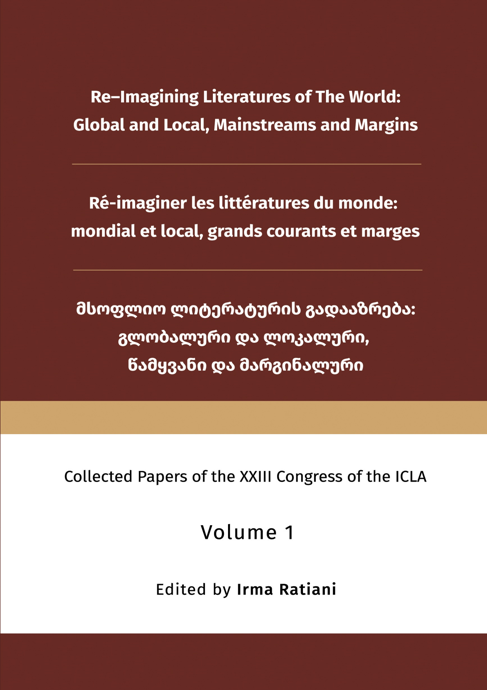History, Sociocultural Implications and Archetypal Characters of “Three Gu Six Po” in Traditional Chinese Novels
Main Article Content
ანოტაცია
Grannies with folk careers, literally translated into “Three Gu Six Po” in Chinese, are ubiquitous in traditional Chinese novels and colloquial stories. They may be nuns, midwives, or matchmakers from a relatively unprivileged status, seeking any temporary work opportunity and providing various services in and out of house-holds. The interesting dynamic between these characters taking on deeply nuanced positions in Chinese sociocultural traditions while also adhering to archetypal roles provides begs two assertions:
Firstly, we can learn about the career norms, social status and life patterns of these “Three Gu Six Po” during the Ming and Qing dynasties by delving into the stories and related reviews in histo-rical accounts. Noticeably, their roles can be simultaneously power-ful due to their social roles within the domestic politics sphere while marginalised and diminished because they are women and of a less respectable working class. And the development of social stereotypes and contemptuous attitudes towards “Three Gu Six Po” can be explored by studying these texts. Under the unnoticeable biased narratives of the elite literati during that period, this group of characters in literary works does not have a complete or identifying name and usually takes on relatively flat and templated personali-ties, with fixed impressions such as eloquence, greed, and lewdness, which suggests a concentration on the issues of gender and class inequalities in that period.
Secondly, as a representative member of “Three Gu Six Po”, “Granny Wang” has gradually become a typecast nameless character and is continuously being rewritten. Based on the basic profile of “Three Gu Six Po”, some writers have occasionally given the cha-racter more detailed and vivid portrayals, and in some cases have developed her into a round character with own agency who was aware of her domestic power and made use of it. The logic behind the empowerment of “Granny Wang” through service can be traced back to Chinese philosophy, which makes the character archetype very different from servants or witches in Western countries.
